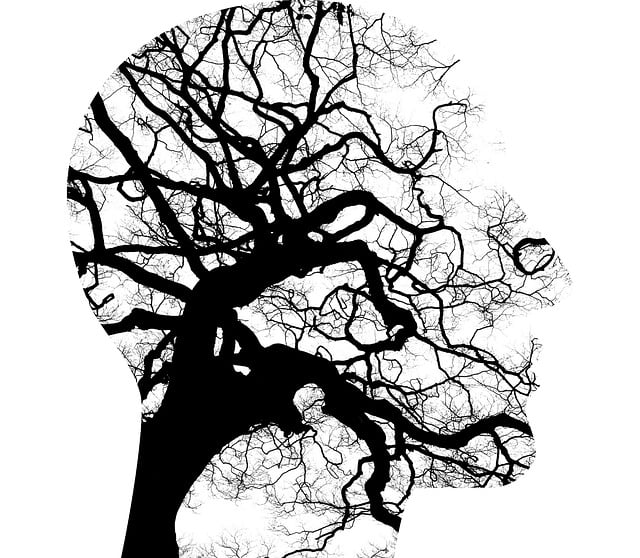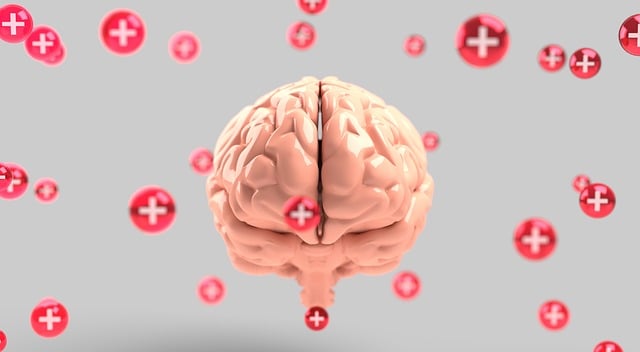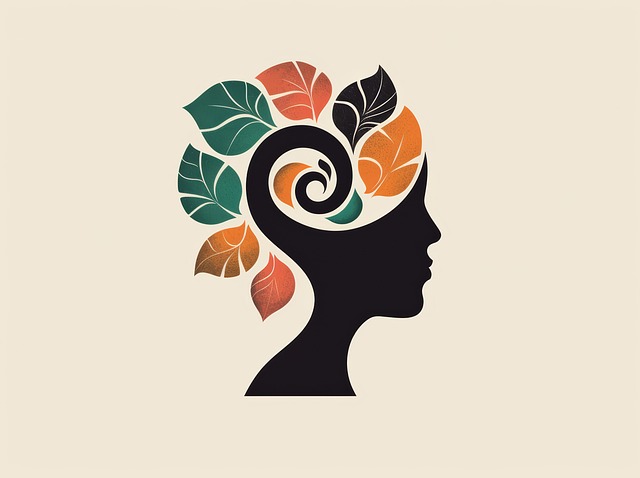Lone Tree Young Adults Therapy focuses on empowering young adults (18-35) through evidence-based coping skills and holistic strategies, addressing unique challenges of adulthood. Using approaches like cognitive-behavioral therapy (CBT), mindfulness training, art therapy, and tailored trauma support, their comprehensive program teaches emotional regulation, risk assessment, and healthy expression outlets. This enables young adults to manage stress, make independent decisions, and thrive despite life's complexities.
“Coping skills development is a vital aspect of mental well-being, especially for young adults navigating life’s challenges. This comprehensive guide explores the significance of these skills and provides insights into effective strategies. We delve into the process of self-discovery, offering therapeutic approaches tailored to Lone Tree Young Adults Therapy. From understanding coping mechanisms to practical tools, this article equips parents, educators, and therapists with methods to support young adults in building resilience and thriving in today’s demanding world.”
- Understanding Coping Skills and Their Significance for Young Adults
- Identifying Individual Coping Strategies: A Journey to Self-Discovery
- Therapeutic Approaches to Enhance Coping Mechanics at Lone Tree Young Adults Therapy
- Practical Application: Equipping Young Adults with Resilient Coping Tools
Understanding Coping Skills and Their Significance for Young Adults

Coping skills are essential strategies that help individuals navigate life’s challenges and maintain emotional balance. For young adults, this period is often marked by significant transitions, identity formation, and the development of independent decision-making abilities. Lone Tree Young Adults Therapy recognizes that empowering them with robust coping mechanisms can significantly contribute to their overall well-being and mental resilience.
Effective coping strategies enable young adults to manage stress, regulate emotions, and cope with difficult situations healthily. These skills are crucial for preventing burnout, a common issue among this demographic often exacerbated by academic pressures, social expectations, and the quest for self-discovery. By teaching them emotional regulation techniques, risk assessment strategies, and healthy outlets for expression, mental health professionals can play a pivotal role in fostering resilience and promoting positive mental health, as highlighted in the context of Burnout Prevention and Risk Assessment for Mental Health Professionals.
Identifying Individual Coping Strategies: A Journey to Self-Discovery

Many individuals often underestimate their own ability to navigate life’s challenges and develop effective coping strategies. However, for young adults facing the complexities of adulthood, discovering personalized coping mechanisms can be a game-changer. This journey of self-discovery is a crucial aspect of Lone Tree Young Adults Therapy, where clients are encouraged to explore their inner resilience and resources.
By identifying individual coping strategies, one can foster inner strength development and enhance emotional regulation skills. It involves recognizing what works best for them—whether it’s engaging in creative outlets like art or music, practicing mindfulness through meditation, or connecting with supportive peers and mentors. Learning these techniques empowers young adults to manage stress effectively and promote a healthier mental well-being.
Therapeutic Approaches to Enhance Coping Mechanics at Lone Tree Young Adults Therapy

Lone Tree Young Adults Therapy offers a range of therapeutic approaches to enhance coping mechanics, focusing on both individual and group settings. Through evidence-based practices such as cognitive-behavioral therapy (CBT), clients are equipped with effective strategies to manage stress and overcome challenges. These sessions help in identifying negative thought patterns and replacing them with healthier alternatives, fostering resilience.
In addition to CBT, Lone Tree Young Adults Therapy incorporates techniques from mindfulness training and art therapy to promote emotional well-being. By engaging in self-care practices and trauma support services tailored to individual needs, young adults can prevent burnout and develop a stronger sense of coping ability. This holistic approach ensures that each client receives the necessary tools to thrive and navigate life’s complexities.
Practical Application: Equipping Young Adults with Resilient Coping Tools

Young adults navigating life’s challenges often find themselves at a crossroads, requiring coping skills to bridge the gap between adolescence and adulthood. Lone Tree Young Adults Therapy recognizes this crucial period as an opportune time to foster resilience. Through tailored therapy sessions, mental health education programs design activities that empower individuals with practical tools to manage stress, anxiety, and emotional turmoil effectively.
One of the key strategies is integrating mindfulness meditation into their daily routines. This ancient practice has proven beneficial for self-care routine development for better mental health, allowing young adults to cultivate present-moment awareness and enhance their ability to cope with life’s ups and downs. By combining therapy with practical techniques like mindfulness, Lone Tree Young Adults Therapy ensures that clients gain tangible skills to navigate the complexities of adulthood while prioritizing their well-being.
Coping skills development is a transformative process that empowers young adults, especially those facing challenges at Lone Tree Young Adults Therapy. By understanding and mastering various coping strategies, individuals can navigate life’s hurdles with resilience and adaptability. The therapeutic approaches outlined in this article provide a roadmap for enhancing coping mechanics, enabling young adults to build a robust toolkit for managing stress, anxiety, and other emotional obstacles. Through self-discovery and practical application, they gain the confidence to face future challenges head-on. Lone Tree Young Adults Therapy plays a pivotal role in fostering these skills, ultimately contributing to the holistic growth and well-being of its clients.









